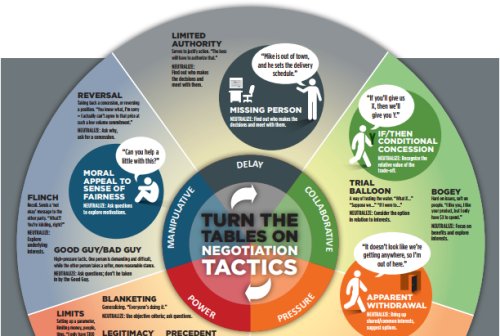Cross-cultural conflict can be increasingly demanding and far more exhausting than dealing with people within your own country and culture.
During my tour of India, our team had an issue with a leader in Punjab. The disgruntlement occurred over a miscommunication, lack of understanding, and cross-cultural preference for articulating one's feelings.
After giving an initial apology, we had a team meeting back in Bangalore at headquarters to further understand where we as a team went wrong. Endeavoring to learn from the situation and avoid repeating it again, we did some brainstorming and held a creative problem solving session.
Through the discourse and interaction the team came to realize its contributory negligence, while identifying the cultural hindrances that led to the inaccurate perception causing the offense.
Distinguishing between relevant and irrelevant data occurred as we patiently listened to everyone on the team tell their side of the story, convey their summation of the incident, and suggestion as to what we should do to solve the problem.
A collaboration of ideas led to the team formulating insightful recommendations that were wholeheartedly agreed upon and implemented by the team to alleviate the problem and resolve the conflict.
The results were evident as the professional relationship in Punjab was happily sustained and strengthened through the process.
Navigating through professional and relational conflict can be very challenging, but if you take the time to graciously do so the rewards are well worth it. Those who have disregarded internal conflict and opted to "be productive" and save time, have later learned that much time was later lost when the disgruntlement escalated and exploded into something nearly beyond repair.
